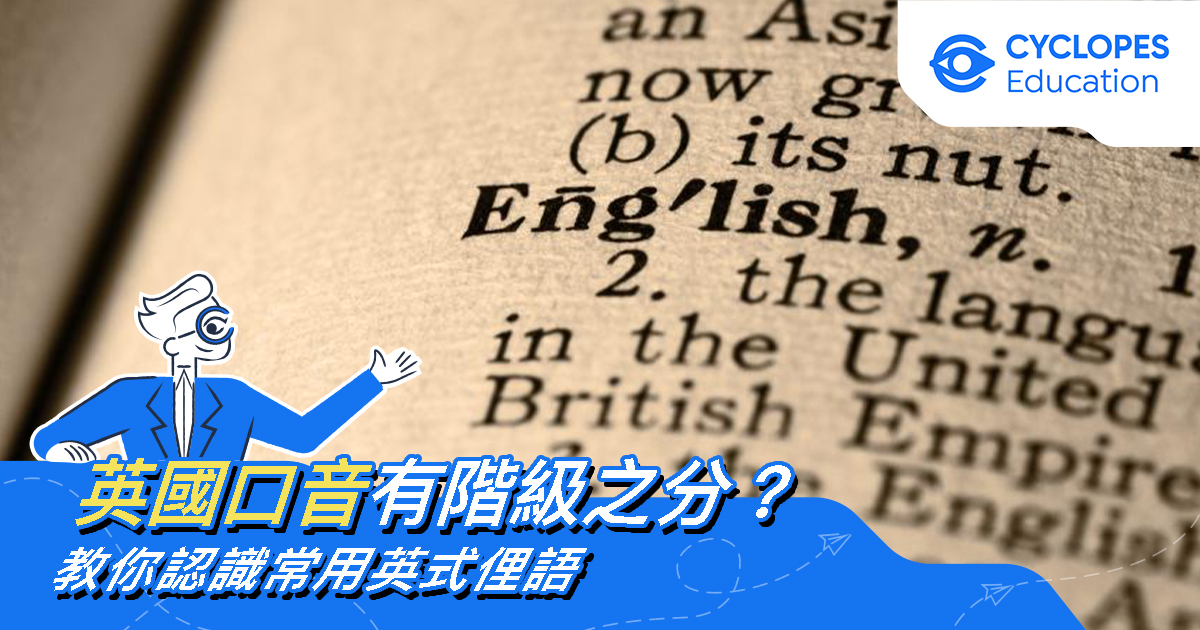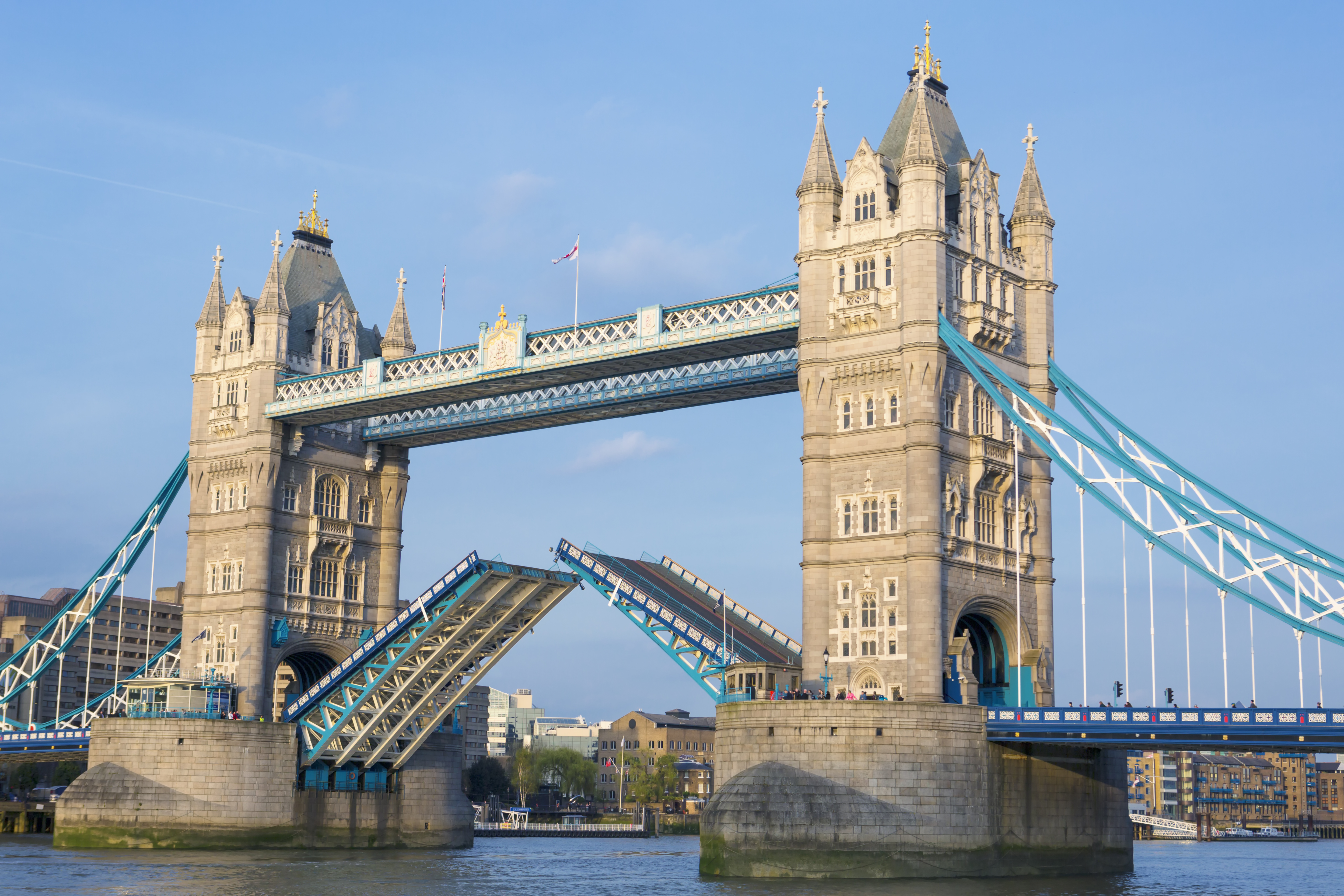
Exploring the Distinctive Accents and Class-Associated British Slang: A Journey into English Idioms and Colloquialisms!
Learning English for over a decade, yet arriving in the UK only to find yourself completely lost in conversation? It might not be your fault. The renowned diversity of British accents can leave even the most proficient English learners bewildered. Many international students aspire to assimilate seamlessly into British life, and while mastering a fluent British accent is essential, it's equally crucial to grasp British idioms and slang. Moreover, the complexity of British accents is intertwined with class distinctions, so it's essential not to pick up the wrong nuances. What are the essential slang expressions every student should know? In the following article, Cyclopes will introduce you to the world of British accents and colloquialisms.

Source: Freepik
In the UK, there are several different accents. Do British accents have class distinctions?
Influenced by geography, history, and culture, every language carries the essence of its surroundings. Just as Cantonese can be divided into styles like 'Hong Kong' and 'Guangzhou' accents based on regional differences, English, too, has developed unique accents and idioms as it spread across the globe. The most widely recognized divisions are between 'American' and 'British' English. However, within the boundaries of the UK itself, numerous accents exist, each reflecting the local culture.
Beyond regional distinctions, these British accents also carry class distinctions, dividing into three main categories: upper class, middle class, and working class. The following three British accents correspond to these class divisions:
1. Received Pronunciation (RP) - Traditional Royal English
2. Estuary English - London Estuary English
3. Cockney - London Dialect
Received Pronunciation (RP), commonly referred to as the standard British accent, is characterized by a high-pitched, elegant tone, slow speech, and is predominantly associated with the upper class, royalty, and formal occasions. It is prevalent in areas like Oxford, London, Southampton, Cambridge, Birmingham, among others.

Source: Freepik
Estuary English is a more relaxed and widespread British accent known for its similarity to regular speech. It tends to be smoother and rhythmic, occasionally featuring glottal stops between words. This accent originates from the east and southeast regions of England, primarily built upon RP, and is commonly used by middle-class individuals. According to the 'Times Educational Supplement,' the influence of Estuary English might pose a challenge to the status of RP and potentially replace it in the future.
Cockney is a distinctive London dialect spoken by a majority of London residents. It is characterized by robust and exaggerated intonation, commonly associated with the working-class and lower-income segments of society. Cockney is also one of the most prevalent accents in London. One prominent feature is the omission of the 'H' sound, so words like 'house' are pronounced as 'ouse,' and 'help' becomes 'elp.' Cockney also incorporates strong glottal stops, as seen in words like 'hospital' and 'better,' where the 't' sound is omitted, pronounced as 'hospi'al' and 'be'er.'
Cockney is often considered a lower-class British accent, and its speakers may not strictly adhere to English grammar rules. It's known for occasional interchanging of 'I' and 'you' with 'was' and 'were,' which is uncommon in standard English. Additionally, the Oxford English Dictionary defines Cockney as 'a town-dweller regarded as affected or puny,' contributing to its classification as a lower-class British accent.
British Slang: Your Ticket to Blending In
To truly immerse yourself in British culture and connect with locals, it's essential to learn a few slang expressions. Slang not only adds richness to the language but also provides insights into people's thought processes. So, what are some British slang terms and expressions worth learning? Here are a few commonly used and intriguing ones:
Fancy a cuppa?
When Chinese hosts welcome guests into their homes, they often show respect by serving a cup of hot tea. In contrast, the British have a different approach, politely inquiring about their guests' preferences before offering tea. While you might ask someone, 'Would you like a cup of tea?' in standard English, in British slang, you'd say, 'Fancy a cuppa?' So, when you're in the UK and want to make new friends or engage in casual conversation, don't hesitate to ask, 'Fancy a cuppa?

Source: Freepik
Dog and bone is ringing
'Is the dog and bone ringing?' Don't be misled; this is Cockney rhyming slang, meaning 'the phone is ringing.' People with a Cockney accent enjoy using rhyming slang, and aside from 'Dog and bone,' another classic example is 'apple and pears' for 'stairs.'
A Kent face
When you spot someone who looks familiar in a particular place, you can say they have 'a Kent face.' The word 'Kent' originates from Old English and means 'know.' This slang term is commonly used in the Scottish region.
In addition to its prestigious educational institutions, the UK boasts distinctive regional accents, each with its unique British idioms and slang. If you're interested in diving deeper into British culture and studying in the UK, make sure to follow Cyclopes for more practical information on studying abroad in the UK.
Discover Your Ideal University with Cyclopes' Expert Guidance
Choosing the right university doesn't have to be daunting. Let our experts streamline your decision. From programme picks to application insights, we offer tailored guidance tailored to your academic and career aspirations. Reach out and embark on your academic journey!
Contact us to start your journey today!